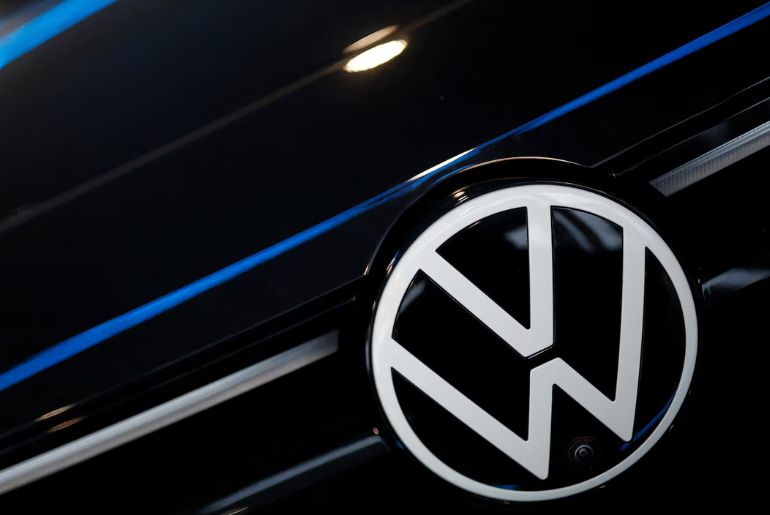Volkswagen is restructuring its electric vehicle (EV) strategy for the Indian market, reducing its planned investment and initiating discussions with potential domestic partners to strengthen its long-term presence in the country. The move comes as the German automaker aims to balance costs, accelerate localisation, and improve competitiveness in one of the world’s fastest-growing automotive markets.
According to company reports, Volkswagen has revised its India EV development budget from the earlier US$1 billion to approximately US$700 million. This strategic recalibration reflects the company’s evolving approach toward EV manufacturing, localisation of components, and alignment with India’s demanding cost-sensitive market. The brand is now actively scouting for a capable Indian partner to co-develop EV platforms, share production responsibilities, and help accelerate its localisation roadmap.
Industry analysts suggest that Volkswagen’s renewed approach is driven by multiple pressures, including intensifying competition, the need to reduce production costs, upcoming fuel-efficiency norms in 2027, and the relatively modest 2% combined market share held by Volkswagen and Skoda in India. The search for a strong local ally is expected to help the company improve economies of scale and strengthen its product portfolio across affordable and premium EV categories.
The company is also evaluating ways to leverage its global EV technologies—particularly those developed in China—to create region-specific products tailored to Indian driving conditions, pricing expectations, and regulatory frameworks. Volkswagen’s restructuring efforts in the country follow broader organisational changes in response to a significant tax dispute and shifting global investment priorities.
As India’s EV market continues to expand at a rapid pace, Volkswagen’s revised strategy underscores its commitment to remain a key global player while adapting to the unique challenges and opportunities of the Indian automotive landscape. A potential partnership with a domestic automaker may prove crucial in accelerating the brand’s competitive positioning and ensuring long-term sustainability in the region.

